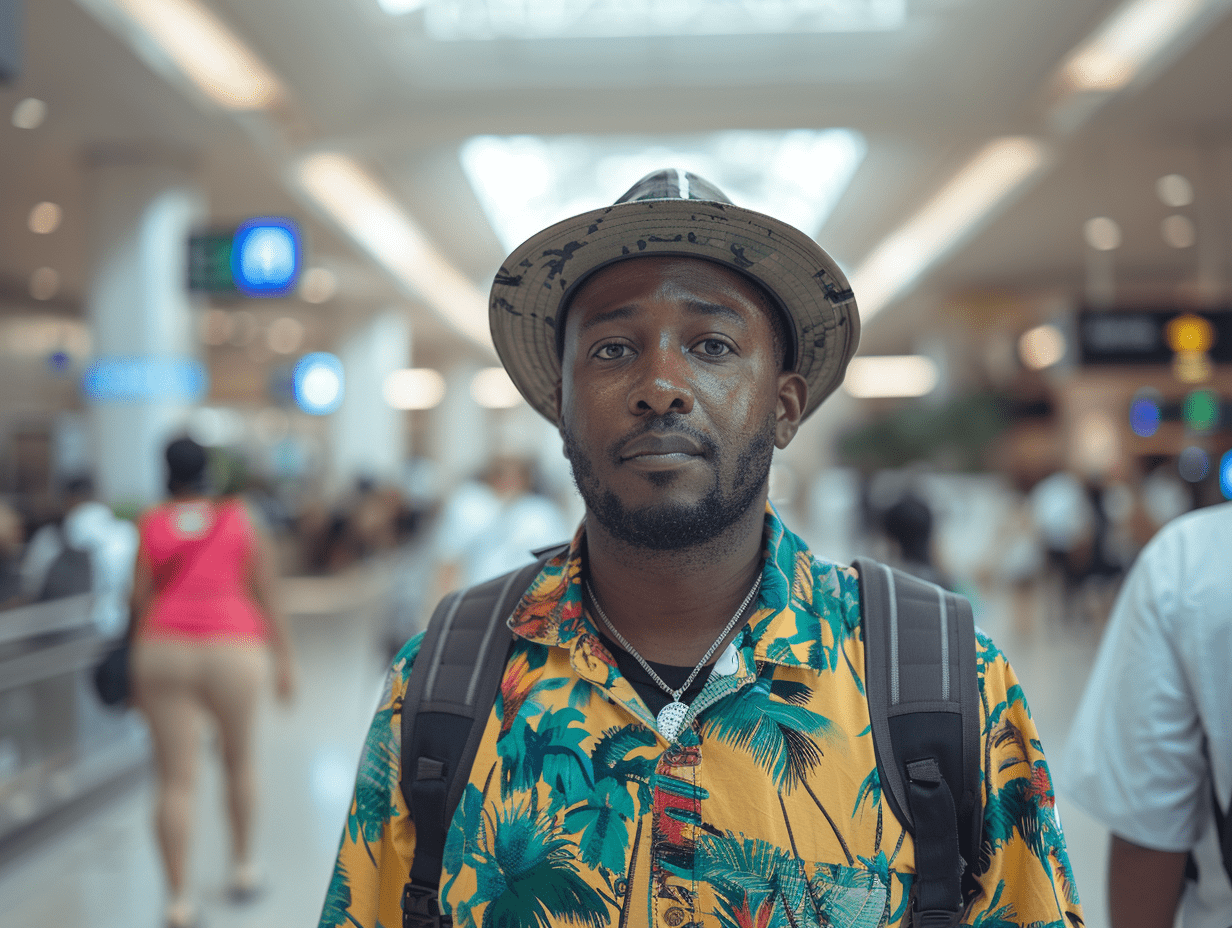In recent years, the term “passport bros” has gained traction within various online communities, capturing the attention of many looking to understand this emerging subculture. Passport bros, predominantly African American men, have garnered a following through their advocacy for exploring opportunities abroad —whether for romantic, social or economic reasons. This article delves into who passport bros are, what drives them and how their movement reflects broader societal trends.
Understanding the passport bros movement
What drives the passport bros?
Passport bros are motivated by a desire to find a setting where they feel more appreciated and respected than they might feel in their home country, namely the United States. The movement is not just about traveling; it’s about seeking environments where they perceive the social dynamics to be more favorable, especially in terms of dating and interpersonal relationships. Members of this community often share stories of positive experiences in foreign countries, where they find the social atmosphere to be more welcoming and less racially biased.
Social and cultural context
The rise of the passport bros can be seen as a response to societal issues in the U.S., including racial tension and dissatisfaction with the dating scene. For many passport bros, moving abroad or dating internationally is a way to escape these challenges. This movement highlights a broader narrative about global mobility and the search for a sense of belonging and acceptance in a global context.
Key destinations and experiences
Popular destinations for passport bros
Countries in Eastern Europe, Southeast Asia and Latin America are popular among passport bros. These regions are often highlighted for their welcoming attitudes towards foreigners, lower cost of living and perceived simplicity in social interactions and dating. The appeal of these destinations is frequently discussed in online forums and social media, where passport bros exchange tips and advice on navigating life abroad.
Personal stories from the community
The narratives shared by passport bros often focus on personal growth and the discovery of a new sense of freedom abroad. Many recount experiences of warmth and hospitality from locals, as well as more fulfilling romantic relationships. These stories not only encourage others to explore similar paths but also help build a supportive community among like-minded individuals.
Challenges and criticisms
Navigating misconceptions
While the passport bros movement is about seeking better opportunities, it is not without its challenges and criticisms. Critics argue that some aspects of the movement may oversimplify complex cultural dynamics and overlook the realities of expatriate life. Furthermore, there is a concern that the portrayal of foreign cultures as more desirable can perpetuate stereotypes and lead to unrealistic expectations.
The complexity of expatriate life
Living abroad involves more than just enjoying a different social atmosphere; it requires adapting to a new culture, often learning a new language and understanding different legal and social norms. The experiences of passport bros vary widely, and success abroad depends on a multitude of factors, including individual preparedness and the specific circumstances of each country.
The greater context of passport bros
The passport bros movement illuminates a distinctive facet of modern social dynamics, revealing how global mobility serves as both a pathway to personal fulfillment and a means of cultural integration. As this movement evolves, it raises profound questions about identity, belonging and the quest for acceptance within a world that is becoming ever more interconnected. This subculture — primarily comprising African American men — underscores a broader narrative about the search for spaces that offer not only better social interactions but also a greater sense of respect and recognition.
Exploring the motivations and experiences of passport bros allows us to understand the appeal of transcending geographical and cultural boundaries to create a life that might feel more rewarding. It invites us to consider the psychological and emotional impacts of migration and how individuals reconfigure their sense of self in new environments. This movement challenges traditional notions of home and belonging, urging us to rethink what it means to be part of a community in the 21st century.
Ultimately, the story of passport bros is a reflection of a larger trend towards global migration and the exploration of identity in different cultural settings. As members of this community share their journeys, they contribute to a richer dialogue about the complexities of living abroad and the endless human search for a place where one truly belongs.
This story was created using AI technology.
















